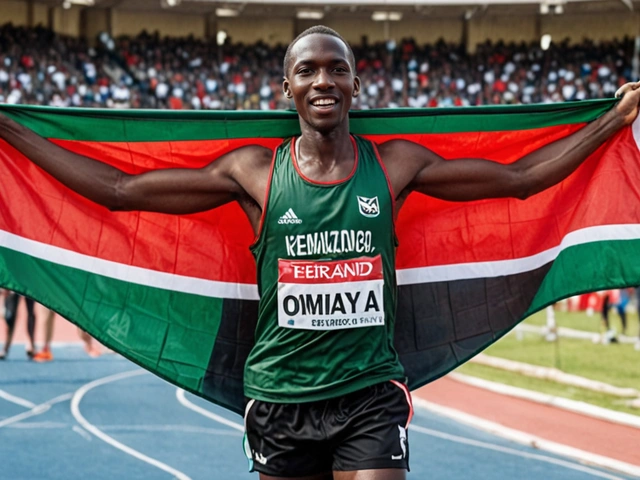African Heritage – History, Culture and Why It Matters
When you hear the words “African heritage,” you probably think of drums, bright fabrics and ancient stories. That’s a good start, but there’s a lot more underneath the surface. From language to food, from dance to daily rituals, African heritage shapes the lives of millions across the continent and around the world.
Why should anyone care about it? Because our identity is built on what came before us. Knowing where your traditions come from can give you confidence, help you connect with family, and even spark creativity in work or school projects. It’s not just history – it’s a living toolbox you can use every day.
Key Elements of African Heritage
First up is language. Over 2,000 languages are spoken across Africa, each carrying its own idioms and proverbs. Even if you only speak one language at home, picking up a few words from another can open doors to new friendships.
Next is music and dance. The beat of the djembe or the rhythm of highlife isn’t just entertainment; it’s a way to tell stories, mark ceremonies, and bring communities together. You don’t need fancy equipment – a simple drum circle in the backyard can be enough to feel that connection.
Food is another pillar. Dishes like jollof rice, injera or bobotie carry centuries of trade routes, migrations and celebrations. Cooking a family recipe links you directly to ancestors who cooked the same meal generations ago.
Lastly, art and craft. From woven baskets to beadwork, these creations are not just pretty objects; they encode symbols about status, religion and history. Even a modern t‑shirt with an African print is part of that visual language.
How to Celebrate Your Roots Today
Start small. Pick one song from your country or region and learn the lyrics. Share it at a family dinner or play it while cooking a traditional meal. The effort shows respect for the culture and makes the experience enjoyable for everyone.
If you have older relatives, ask them about childhood games, sayings or rituals they remember. Record those stories – a short voice note is enough. You’ll end up with a personal archive of heritage that future generations can hear.
Visit local museums or cultural centers. Many cities host African art exhibitions, dance workshops and food festivals. These events give you hands‑on exposure without having to travel far.
Finally, consider learning a new language or craft. Even a few weeks of online classes in Swahili, Yoruba or Amharic can broaden your perspective. Making a simple beaded bracelet or a woven coaster connects you directly to centuries‑old techniques.
African heritage isn’t locked away in books; it’s alive in everyday actions. By embracing music, language, food and art, you keep the spirit of Africa vibrant – for yourself and for those who come after you.

Arsenal Unveils New 2024/25 Away Kit Celebrating African Heritage and Supporters
Arsenal has revealed their 2024/25 away kit, designed by Labrum London, which pays homage to their African supporters. Featuring a black base with white zig-zag graphics and a pan-African color scheme, the launch includes a poignant video featuring famed African Arsenal players. Fans have warmly received the kit, which is now available for purchase.




